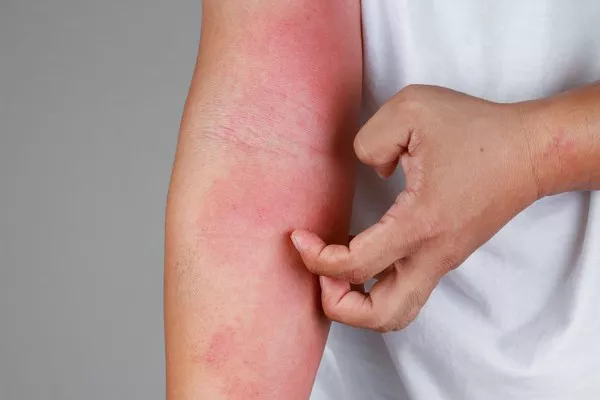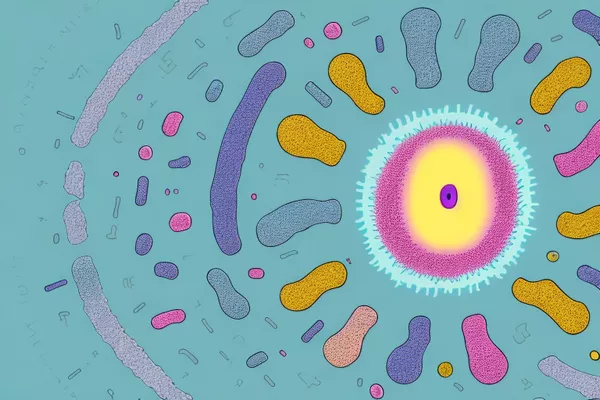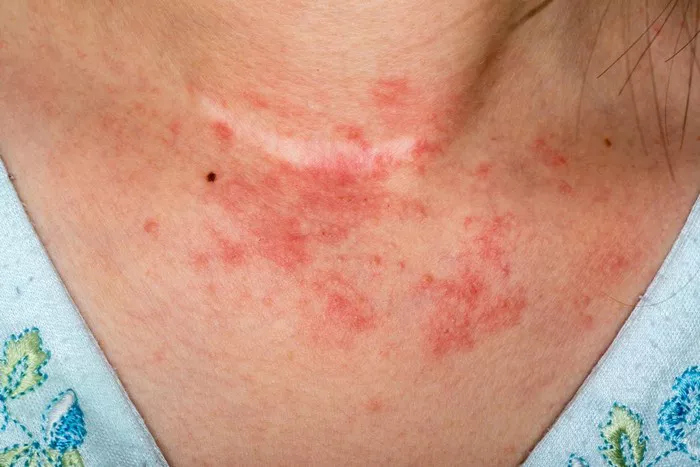Shares of Q32 Bio (QTTB) tumbled by more than 75% following the company’s disappointing update on its experimental drug, bempikibart, for the treatment of eczema and alopecia areata. The biotech firm’s latest clinical trial results were described as “messy” by analysts, leading to a series of downgrades and significant price-target cuts.
Bempikibart was tested in patients with atopic dermatitis (eczema) and alopecia areata, but the results were far from favorable. In the eczema trial, an unexpectedly high placebo response overshadowed the drug’s efficacy, rendering the results inconclusive. Meanwhile, in the alopecia study, bempikibart was found to be less effective compared to existing treatments, according to Piper Sandler analyst Christopher Raymond, who characterized the results as “messy.”
In response to the findings, Q32 Bio announced that it would discontinue its eczema treatment efforts and refocus its resources on further testing bempikibart in alopecia patients.
Analysts Slash Price Targets
Following the disappointing update, analysts reacted swiftly. Raymond cut his price target for Q32 Bio from $85 to just $20 per share. Meanwhile, Leerink Partners analyst Thomas Smith took a more drastic approach, lowering his target from $68 to $9 and downgrading the stock to “market perform” from “outperform.”
The market reacted sharply to the news, with Q32 Bio’s stock plummeting 75.6% to close at $5.95 on the day of the announcement, marking its lowest point since November 2023, when the stock reached a previous low of $8.24.
Placebo Effect Dampens Eczema Trial Results
The eczema trial results were particularly troubling, as more patients in the placebo group showed improvement than those receiving bempikibart. According to the Eczema Area and Severity Index (EASI), 76% of placebo patients reported improvement, compared to just 74% in the bempikibart group.
“While the placebo response is among the highest we have observed for atopic dermatitis, Q32 Bio has not identified any specific drivers leading to this outsized response,” Smith noted in his analysis. “As a result, the company does not expect to advance bempikibart in eczema treatment.”
Alopecia Trial Shows Modest Effectiveness
In the alopecia trial, bempikibart showed a modest benefit. On the Severity of Alopecia Tool (SALT) scale, patients treated with bempikibart experienced an average improvement of 16%, compared to just 2% for those receiving a placebo. However, Smith highlighted that the results might have been skewed due to the exclusion of three placebo patients who were removed from the study for protocol violations. Additionally, early discontinuations by some patients may have further distorted the findings.
Despite the mixed results, Q32 Bio is proceeding with further testing. The company is currently enrolling 20 more patients for an open-label extension study, aimed at gaining a clearer understanding of bempikibart’s potential in treating alopecia areata.
As Q32 Bio navigates these setbacks, the biotech community will be closely watching how the company proceeds with its focus on alopecia, and whether it can recover from the sharp decline in investor confidence.
Related topics


























